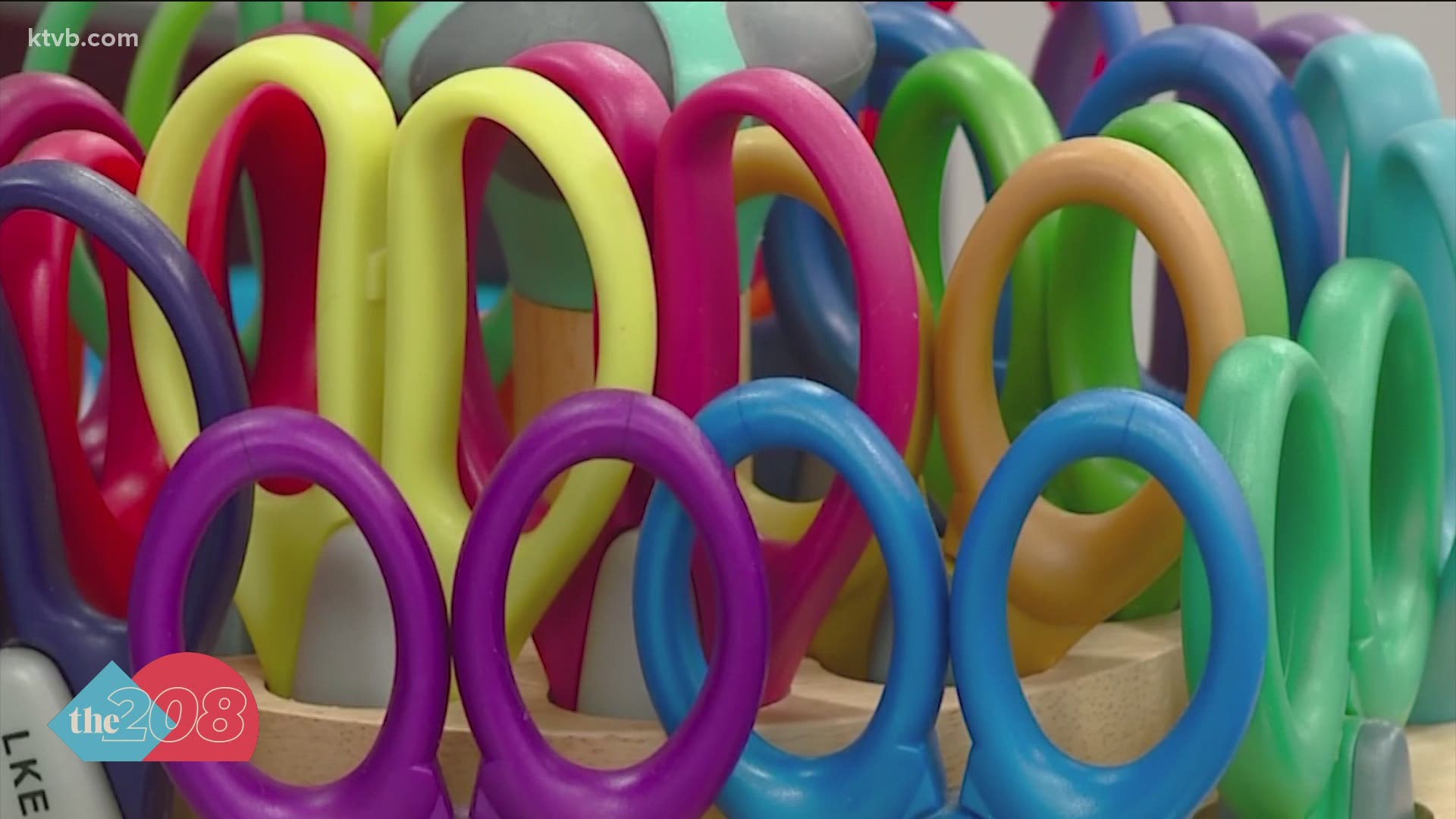BOISE, Idaho — This story was originally published in the Idaho Press.
Idaho would be required to pay parents who pull their kids out of public school because the school isn’t providing in-person instruction at least four days a week, under legislation that passed the House on Wednesday on a 55-15 vote.
Freshman Rep. Codi Galloway, R-Boise, the bill’s sponsor, told the House, “It seems almost silly to talk about early literacy intervention if our kids aren’t going to school, and that is the case for many in this state.” Galloway, a former elementary school teacher, said, “Today I bring a bill that will help us get our kids back in school full-time in person.”
Rep. Sally Toone, D-Gooding, a longtime teacher, asked how many of Idaho’s schools currently aren’t open for some form of in-person instruction. Galloway responded, “Many districts and charters, 141, are already open for in-person, full-time instruction. Twenty-seven are currently in hybrid or remote. Those numbers are from yesterday. Schools are changing all of the time, so those are the best numbers I have.”
Toone said Idaho’s local elected school board members, who are unpaid, have been entrusted with this decision. “If they choose to go hybrid three days a week, that’s a local decision. We need to rely on that,” she said, “and not take our overreaching hand and say, ‘You get this money.’”
Toone said throughout the pandemic, “We had state recommendations coming down. We had public health districts. We had parents screaming at school board members. They held that balance there.”
Rep. Ben Adams, R-Nampa, who said his son attends private school, said, “I do think the schools need to be open, but half of our state budget goes to these schools that have been closed for a year. This bill is incentivizing our school districts to say, ‘hey, it’s time, open up.’”
Idaho’s schools haven’t been closed for a year. When the COVID-19 pandemic prompted a statewide shutdown last spring, schools had a “soft shutdown,” said State Department of Education spokesperson Kris Rodine, and “did their various remote things. But virtually all schools have been at least partially in the classroom all this year, and even last year, the schools were still operating, they were just operating remotely.”
Rep. John McCrostie, D-Garden City, a teacher, said, “One of the tragedies that’s taken place throughout all of this is the disrespect that’s been afforded to some of our local school board members who have given freely of their time.” Some have quit, he said; five were targeted in recall elections this week, but all five failed. “I think that displays that our local communities trust our local school boards to make good decisions on behalf of our young people,” he said.
Rep. Lance Clow, R-Twin Falls, the House Education chair, said, “This is a reaction to what we see and schools that are completely shut down. … If a school district doesn’t want to have all their kids back, at least find a way to get the kids back if their parents want ’em back.”
Rep. Jason Monks, R-Meridian, said, “We’ve gotta get back to school. If this is how we can force ’em to get back to school, I’ll take it.”
But Rep. Gary Marshall, R-Idaho Falls, said, “Asking the (state) board to give money out to parents with no accountability simply makes no sense.”
The bill, which has an emergency clause making it effective April 1 and would expire July 1, 2022, requires the state Board of Education to pay parents who pull their kids out of schools a pro-rated portion of the per-student funds that school district was allocated for the school year. The parents could then use that money for educational expenses; the board would write rules to provide details. Idaho spends an average of a little under $7,000 per student on public schools each year; it ranks among the lowest in the nation.
Rep. Ryan Kerby, R-New Plymouth, a retired school superintendent, told the House, “I tried to get a lot harsher bill in than this. This is really a soft touch in my opinion. … But at least it will send a message.”
All 12 House Democrats and three House Republicans opposed the bill; all remaining House Republicans, including all those representing the Treasure Valley, voted in favor.
To become law, the bill still would need to clear the Senate Education Committee, pass the full Senate and receive the governor’s signature.
Join 'The 208' conversation:
- Text us at (208) 321-5614
- E-mail us at the208@ktvb.com
- Join our The 208 Facebook group: https://www.facebook.com/groups/the208KTVB/
- Follow us on Twitter: @the208KTVB or tweet #the208 and #SoIdaho
- Follow us on Instagram: @the208KTVB
- Bookmark our landing page: /the-208
- And we also turn each episode into a podcast or Podbeam
- Still reading this list? We're on YouTube, too:

